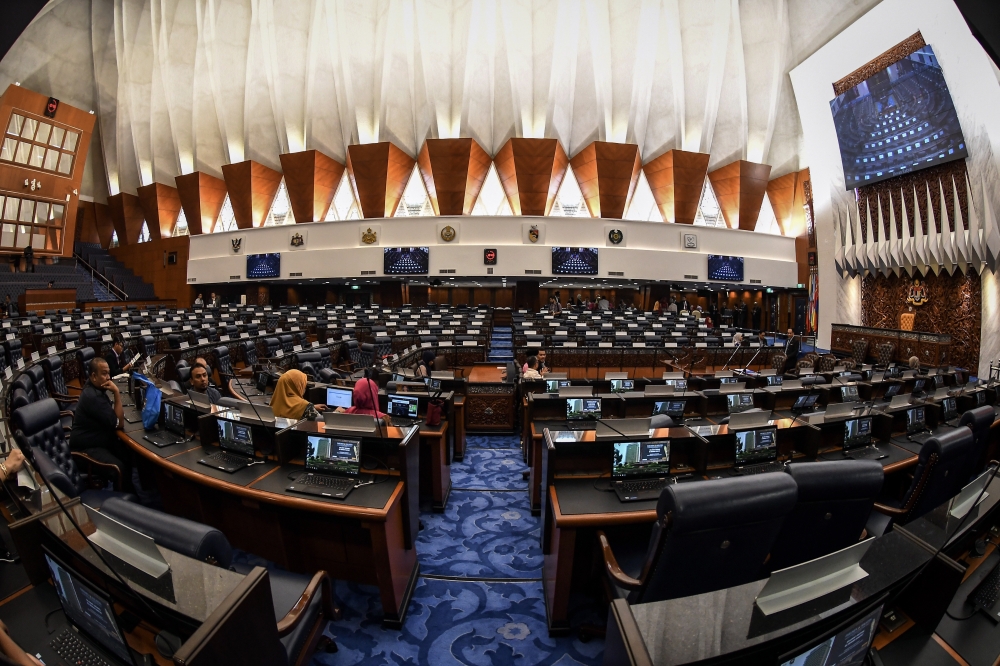KUALA LUMPUR, April 25 — The Social Security Organisation (Socso), through Employment Insurance System (EIS) has found that the number of workers losing their jobs is still within the manageable range of below 6,000 employees a month.
In a press statement today, the government agency stated that it is actively monitoring the loss of employment and retrenchment closely.
“Even though there is a spike in the EIS benefits claims, the number of workers losing their jobs is still manageable, where the loss of employment figures is still within the range of below 6,000 per month.
“Nevertheless, we are monitoring the situation closely on a daily basis and advising the government of any unexpected increases.
“What matters now is that all Malaysians work together in support of Government efforts to break Covid-19 transmission and eliminate the disease altogether as fast as possible before we fully restart our economy once the movement control order (MCO) ended,” said the statement this morning.
It also gave assurances that all agencies under the Human Resource Ministry have been on the alert and are ready with various programmes and strategies to address mid-term and long-term unemployment issues.
Socso’s focus will be on helping the affected workers and the unemployed in general to be gainfully employed.
It explained that the ministry is also in the process of reforming and strengthening Malaysian Public Employment Services.
They plan on introducing various active labour market policies and programmes, promoting job creation, as well as ensuring the government’s workforce is equipped with current skills and competencies to meet the rapid changes in the labour market landscape and the future world of work.
“There is also a need to review the existing law particularly to widen the scope of coverage of the EIS employment and income protection for the most vulnerable segment of the society (e.g. the self-employed in the informal sector), provide flexibility to introduce and implement various types of active labour market programmes that are capable of dealing with changes in occupations and skill needs, as well as to be ready for future shocks.
“In this regard, it is important to bear in mind that employment, unemployment issues, knowledge and skills are everyone’s responsibility — the employers, the employees, institutions of higher learning and the society at large — and not for the Government alone to shoulder this responsibility,” said the statement.



















